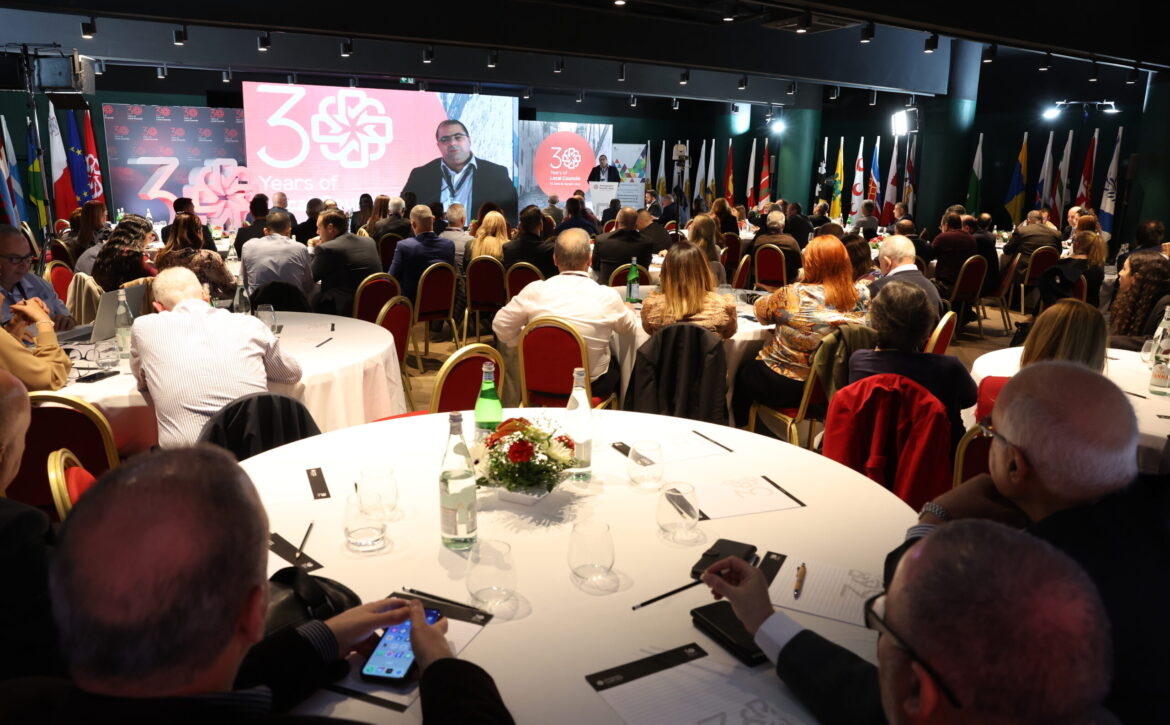Social factors enhancing the quality of waste separation
As the global population continues to grow and urbanization expands, the issue of waste management becomes increasingly pressing. To address this challenge effectively, it is vital to establish waste separation systems, foster circular economies, and promote material recycling to reduce the need for new production. Moving towards a more circular economy requires concerted efforts, collaboration, active public participation, and a genuine commitment to environmental stewardship.
In this endeavor, Regional and Local Councils, in partnership with the Central Government, play a pivotal role. Local Councils, being the authorities closest to the residents, should create ongoing platforms for engaging with the public. It is essential not only to convey the significance of individual involvement but also to highlight the environmental impact of responsible waste management. This is an integral part of the civic and social responsibility that each of us holds towards future generations. Furthermore, effective waste separation systems are only meaningful if the government provides efficient infrastructure and diverse waste management options that empower residents to manage their waste effectively.
It is crucial to emphasize that waste generators should have a say in how their waste is disposed of. This responsibility lies with the Councils, as they are tasked with conveying this message to the residents. Providing informative and educational materials is essential, and offering alternative waste disposal options tailored to individual needs is equally critical.
Let’s delve into the proposal put forth by the Local Councils Association, referred to as “collection points.” What are these “collection points”?
A “collection point” is a specifically designated area equipped with colour-coded bins to match the garbage bags commonly used for waste disposal, namely the black, green, and white bags. These bins may also feature compartments for paper and metal disposal. Furthermore, there are cases where distinct “bring-in-sites” are established, a concept I will explain in more detail.
The key distinction lies in the fact that “collection points” are linked to specific streets, and residents living on those streets are granted access to the bins through personalized cards. These bins should be within a reasonable distance, not exceeding 200-300 meters from residents’ homes. Residents on these streets can access the bins at their convenience, without time restrictions. For instance, if the black bin is collected twice a week, residents can access the black bin twice a week, and similarly for the white bin collected thrice a week.
These sites should also be equipped with technology that allows the Council to collect data, including the bin fill levels, residents’ usage patterns, and when bins need to be emptied.
This data is invaluable, as it enables the Council to identify cases where a resident may be exclusively using the black bin, indicating a lack of waste separation. Conversely, when all bins are utilized in proportion to waste generation, it suggests that waste separation is effective. This data also helps Councils identify areas where additional awareness campaigns and enforcement may be necessary. It can also assist residents who, for various reasons, cannot adhere to the designated waste collection times set by the Council, ensuring fair and flexible waste management. In a system and structure like this, it’s difficult to claim unfair treatment when facing penalties for improper waste disposal because there are ample alternatives available, leaving no room for excuses regarding adherence to the prescribed waste collection schedule or timing for each household.
Upon implementation, this approach offers further advantages. By securing agreements with residents, the Council can obtain approval for these specific streets or sections thereof, allowing for a staggered waste collection process rather than simultaneous pickups for all households. Consequently, this strategy mitigates traffic congestion, optimizes the usage of collection trucks on the road, and contributes to reduced emissions, as waste collection becomes notably more efficient. This adjustment should be considered once the system is operational and following consultations with the affected residents.
When this proposal was initially introduced in 2017 and subsequently revised and made more current in 2019, during that period (2017-2019), there were individuals who did not grasp the way this operates, and some were quick to assume that such a system could not be implemented in our country. Today, it appears that there are far fewer individuals unwilling to listen and evaluate.
Consequently, I maintain that it is imperative to grant Local Councils the opportunity to invest in such projects through dedicated financial allocation. This is of utmost importance as endeavors like these alleviate our streets from the disruptive noise of early morning waste collection and provide residents with enhanced mobility options for pedestrians. It is crucial not to underestimate the advantages this offers, as it reduces the inconveniences experienced and the unsightly sight of accumulating waste in neighbourhoods until the entire collection process is concluded.
I cannot claim that such a model is universally applicable, but it is essential to begin investigating potential opportunities where it is viable. A tangible illustration can be found in Gozo, where both locals and weekend visitors from Malta often vacate farmhouses, leaving black bags of waste they wish to dispose of a week later. Envision the possibility of establishing similar waste collection sites in coordination with the owners of these farmhouses or apartments. Locations like San Lawrenz, Gharb, and Ghasri could collaborate to invest in a shared facility, for instance.
Numerous opportunities and solutions exist. Ultimately, it hinges on people’s receptiveness and the financial support needed for the implementation of comparable initiatives by our Regional and Local Councils, which hold the responsibility for waste management.
Mario Fava
President












